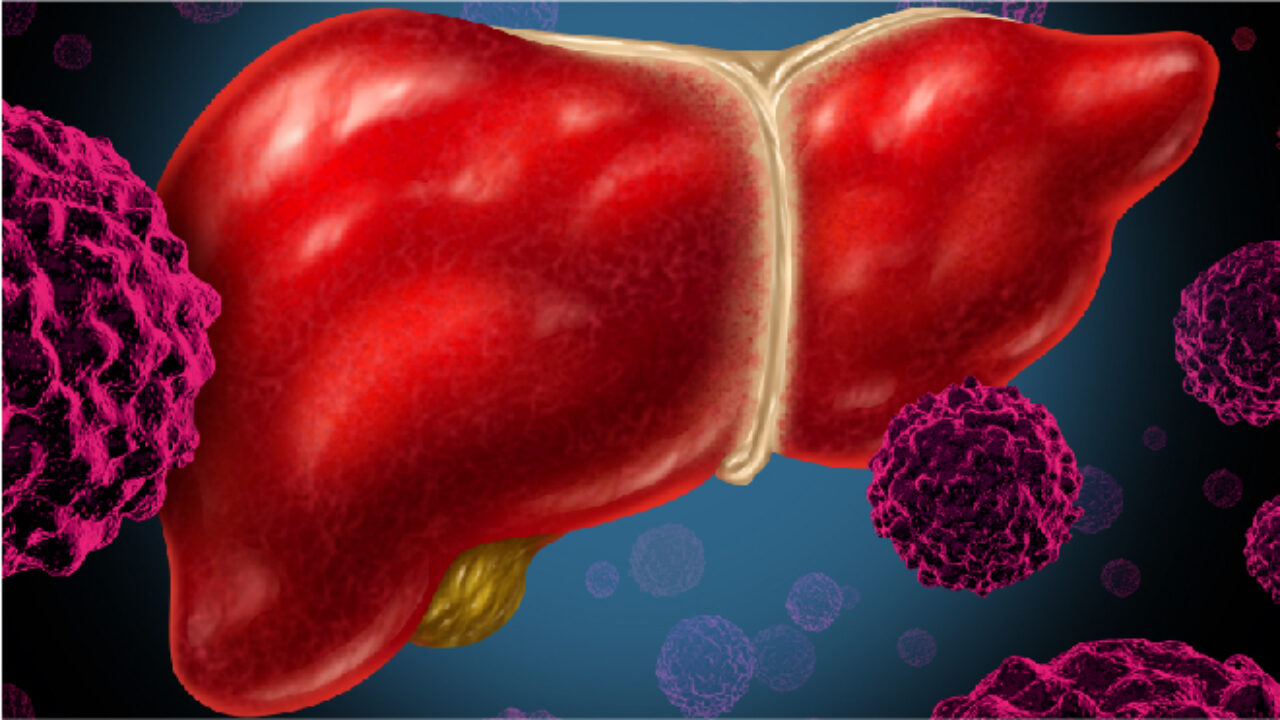Facing the Unknown: Understanding Stage 4 Liver Cancer and Life Expectancy
A diagnosis of stage 4 liver cancer, also known as metastatic liver cancer, can be overwhelming. This advanced stage signifies the cancer has spread beyond the liver to other organs. While the prognosis can be challenging, this article explores treatment options, factors influencing life expectancy, and offers guidance on navigating this difficult journey.
Disclaimer: It is crucial to understand that the information in this article is for general informational purposes only and should not be a substitute for professional medical advice. The course of stage 4 liver cancer and life expectancy can vary significantly depending on individual factors. Consulting with a qualified healthcare professional is vital for personalized guidance and treatment recommendations.
Beyond the Liver: Understanding Stage 4 Liver Cancer
Stage 4 liver cancer signifies that the cancer cells have migrated beyond the liver and established themselves in other parts of the body. This spread typically occurs through the bloodstream or lymphatic system. Common sites for metastasis include the lungs, bones, and lymph nodes.
Important Note: This article focuses on primary liver cancer, which originates in the liver itself. Secondary liver cancer, where cancer originates elsewhere and spreads to the liver, requires a different treatment approach and prognosis.
Living with Uncertainty: Factors Affecting Life Expectancy
Unfortunately, there’s no single answer to the question of how long someone with stage 4 liver cancer can live. Several factors significantly influence life expectancy:
- Overall Health: A person’s overall health and the presence of other medical conditions can impact prognosis.
- Liver Function: The extent of liver damage and remaining liver function play a crucial role in determining treatment options and life expectancy.
- Extent of Spread: The number and location of metastases can influence prognosis. More widespread metastasis generally indicates a shorter life expectancy.
- Response to Treatment: The success of treatment in controlling cancer growth and managing symptoms significantly affects life expectancy.
Fighting for Hope: Treatment Options for Stage 4 Liver Cancer
While stage 4 liver cancer isn’t curable, several treatment options can help manage the disease, control symptoms, and potentially improve life expectancy. Here’s an overview of potential treatment approaches:
- Targeted Therapy: Drugs targeting specific genetic mutations in cancer cells can slow their growth and progression.
- Immunotherapy: This therapy helps the body’s immune system recognize and attack cancer cells.
- Chemotherapy: While less common in stage 4 due to potential side effects, chemotherapy can still be used in some cases to manage cancer growth.
- Radioembolization: Tiny radioactive particles are delivered directly to the tumor through the blood vessels, targeting cancer cells with minimal impact on healthy tissues.
- Supportive Care: Pain management, nutritional support, and emotional counseling are crucial aspects of care to improve quality of life.
The specific treatment plan will be tailored to the individual’s health condition, the extent of the cancer spread, and overall goals of care. Discussing all options with your doctor is essential for making informed decisions.
Living with Stage 4 Liver Cancer: Embracing Hope and Support
A diagnosis of stage 4 liver cancer can be a life-altering event. Here are some resources and strategies to navigate this challenging journey:
- Connect with a Support Group: Connecting with others facing similar challenges can provide emotional support and valuable information.
- Seek Counseling: Coping with a serious illness can be emotionally overwhelming. Talking to a therapist can help manage stress, anxiety, and depression.
- Focus on Quality of Life: While treatment is crucial, prioritizing activities you enjoy and spending time with loved ones can significantly improve your well-being.
- Maintain Open Communication with Your Care Team: Discussing your concerns, fears, and goals of care openly and honestly with your healthcare providers is essential. They are there to guide and support you throughout your journey.
FAQ: Navigating the Uncertainties of Stage 4 Liver Cancer
Q: What are the symptoms of stage 4 liver cancer?
A: Symptoms can vary but might include fatigue, abdominal pain, jaundice (yellowing of the skin and eyes), loss of appetite, nausea, and weight loss.
Q: Is there a cure for stage 4 liver cancer?
A: Unfortunately, stage 4 liver cancer is not curable. However, treatment options can help manage the disease, control symptoms, and potentially improve life expectancy.
Q: What are some clinical trials available for stage 4 liver cancer?
A: Clinical trials offer access to promising new treatments. Talk to your doctor about potential clinical trials that might be suitable for you.

